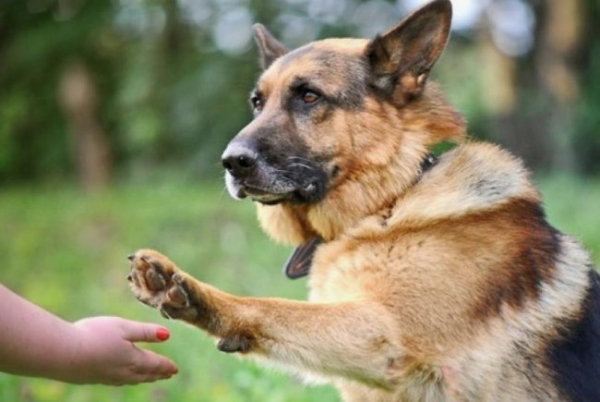
Zoologists from Hungary conducted an interesting experiment in which they tried to find out whether a dog has episodic memory. What did the scientists manage to find out? Are dogs as smart as people think?
The results of the study (published in Current Biology) confirmed the Hungarian scientists' guesses, proving that dogs have something like episodic memory. It was found that these animals can repeat actions that their owner performed shortly before.
It should be said about episodic memory that it is a type of long-term memory that includes fragments of memories of certain events, situations, and emotions that were experienced earlier.
Not long ago, scientists were sure that only humans could have such memory, but over time, many pieces of evidence were found that it is also inherent in some species of animals. We are talking about monkeys, rats, and even jays. Thanks to research conducted by Hungarian zoologists, it was possible to establish that dogs also have episodic memory.
The scientists who conducted the experiment found that dogs remember minor actions performed by their owner for 1 hour.
The study involved 17 animals. In the first stage, they were taught to repeat the owner's action performed with an object, using the command to the animal: “Do it!” (for example, touching an umbrella with a paw).
At the second stage of the study, they tried to teach the dogs to lie down on the mat without a voice command, but by a prolonged glance from the owner. Objects that were used at the first stage of the experiment were specially placed next to the mat. During the second stage, the owner of the animals had to touch them casually, without giving any voice commands to their pets.
The animals were then taken to another room for an hour. After this time, the test subjects returned, the owner looked at them without giving any commands, and, as expected, the dogs obediently lay down on the mat. Suddenly, the command was given: “Do it.” The animals' reaction was as follows: they stared at the owner, thus showing their surprise at the unexpectedness of his command. After a short delay, most of the animals touched the umbrella with their paw, thus completing the task. 58.8% of the test dogs were able to repeat the owner's random action.
Studying the obtained results of the conducted research, scientists came to the conclusion that dogs have the ability to remember events that are not of great importance. This eloquently indicates that the animal has episodic memory.
In the course of various studies, scientists have established other equally interesting facts confirming that dogs are very smart animals and have many characteristics similar to humans.
For example, it has been proven that dogs, like people, have interhemispheric asymmetry, which allows them to understand the meaning of words separately from the intonation that accompanies their pronunciation. Moreover, dogs have proven susceptible to emotional contagion, which is so characteristic of us humans.
Discoveries of this nature are very useful for science, since they make it possible to find out how episodic memory developed in humans. Zoologists are sure that dogs are the best choice for such studies. They have long lived in close contact with people and are able to understand them.





